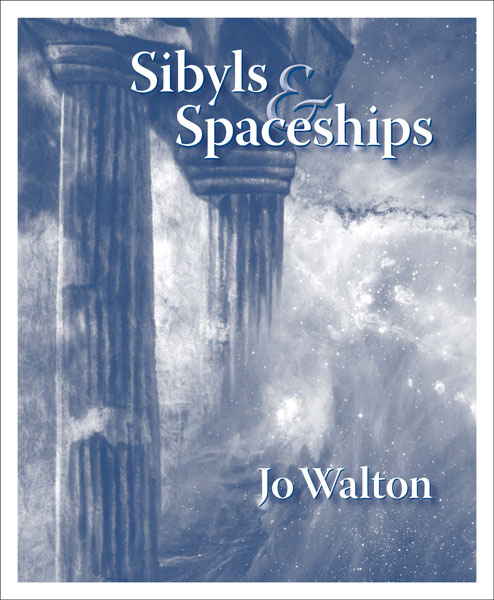Directed by Madd Harold, at the main stage of the Saidye Bronfmann, with a budget.
The Tempest the way Madd Harold directs it is not a play about some funny people on an island, it’s a play about a man dealing with the end of life — forgiving, arranging, releasing, surrendering power, and finally asking forgiveness. It’s also a play about illusions, in which the theatrical illusions the audience take for granted are one by one revealed to be physical manifestations of Prospero’s power, such that as he surrenders it, the curtains behind which characters have made their entrances fall, and the gauze behind which Ariel has stood lifts for him to step out, and Prospero’s final speech asking forgiveness and release is made to the audience, breaking the metaphorical fourth wall but the literal back wall, which is glass, and shows the outside world, which contains streets and cars and houses.
They cut less than in any production I’ve seen and the songs were sung. The characters — even Miranda — all seemed psychologically credible. The actors were very good, especially Trent Pardy as Ariel and Gareth Armstrong as Prospero, but there wasn’t a dud among them.
The whole production takes place on a raised sandpit on the stage, the sand begins beautifully raked like a Zen garden and becomes progressivelyt rumpled. The characters are dressed in black or white, and there is an understated chess theme, which resolves when Miranda and Ferdinand, revealed to the company as alive, are playing chess. There are wonderful things done with light and shadow, some of them reminiscent of the De Profundis we saw last winter.
As for T.S. Eliot’s influence on Shakespeare, I saw it mainly in the way Prospero is the Fisher King. He’d been a terrible duke of Milan, and would be again, if the characters arriving in the ship are real, if for that matter the island is real. (The whole thing could have happened in Prospero’s head in the first boat.)
We talked about Freud’s influence on Shakespeare as well, and the way in which Ariel and Caliban and Miranda are all Prospero’s children and are disposed of. Also, Antonio doesn’t show a shred of remorse and would, as he’s just demonstrated with Sebastian, do it again in a heartbeat. Forgiving someone like that is madness.
In the end, this is a play about Prospero letting go. It’s an intensely emotional experience to sit in a theatre thrown open to the world at the back and be begged to release him. Clapping furiously, I found myself thinking of clapping to prove one’s belief in fairies in Peter Pan, but all the fairies had gone, all the illusions had been broken, there were cars going by outside and really truly it was an actor and a theatre, not Prospero in a cell he could be released from.
It was wonderful beyond words, and it’s still showing until Monday.


